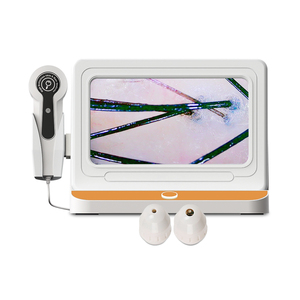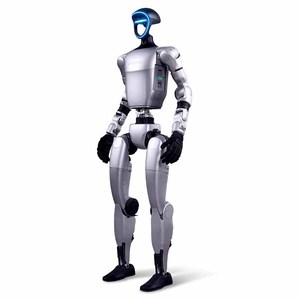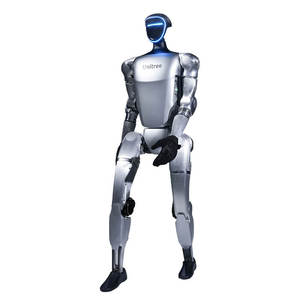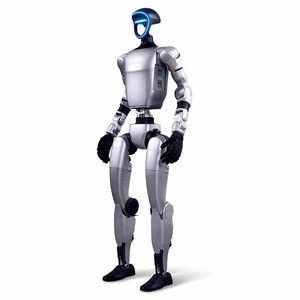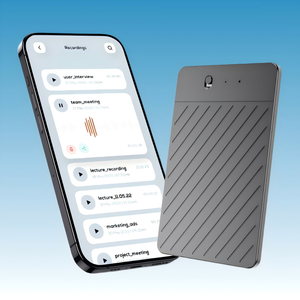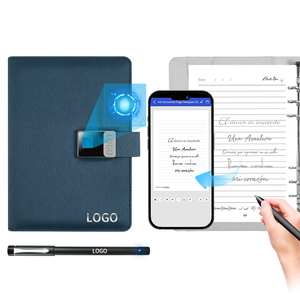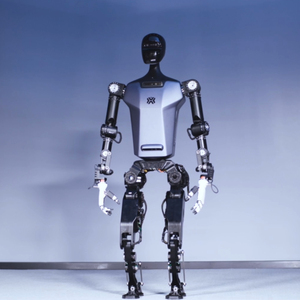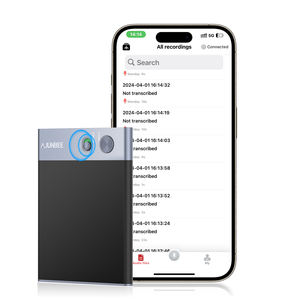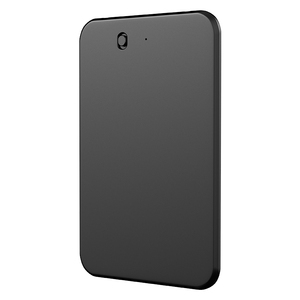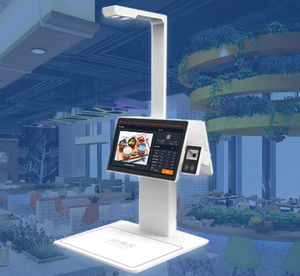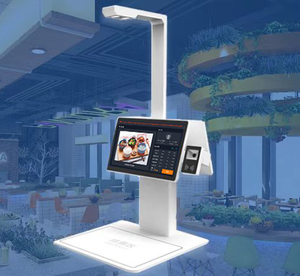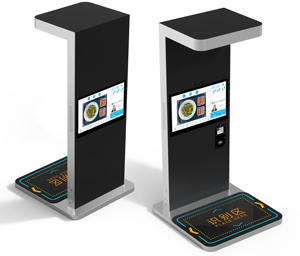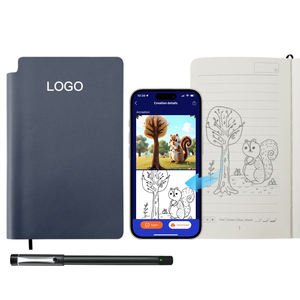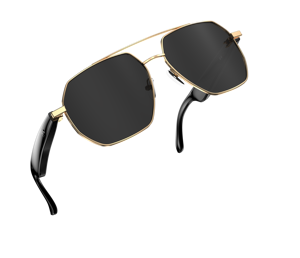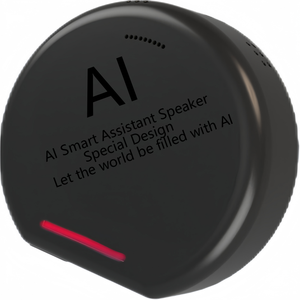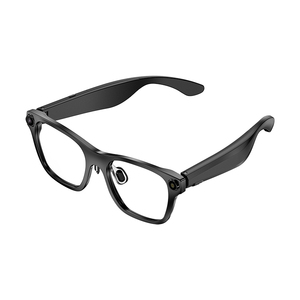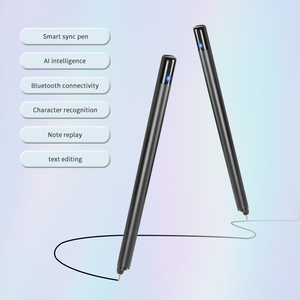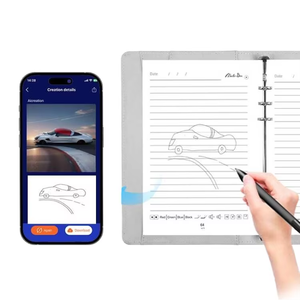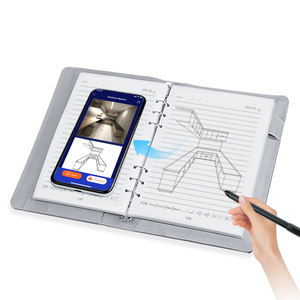What Is Ai



 0
0


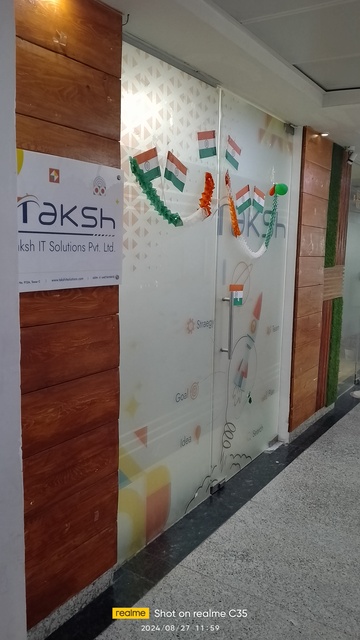

 1/3
1/3



 0
0


 0
0




 1/3
1/3






 1/3
1/3





 1/3
1/3










 1/3
1/3





 1/2
1/2








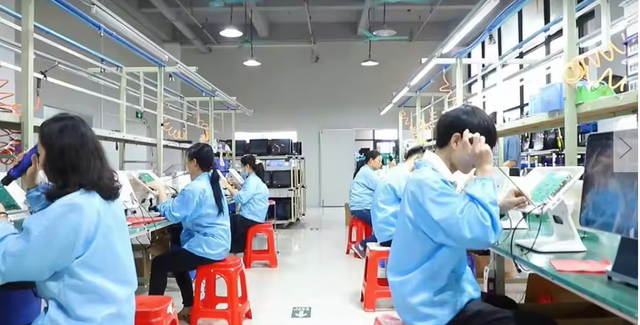

 1/3
1/3




 1/3
1/3




 1/3
1/3




 1/3
1/3


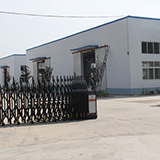

 1/3
1/3


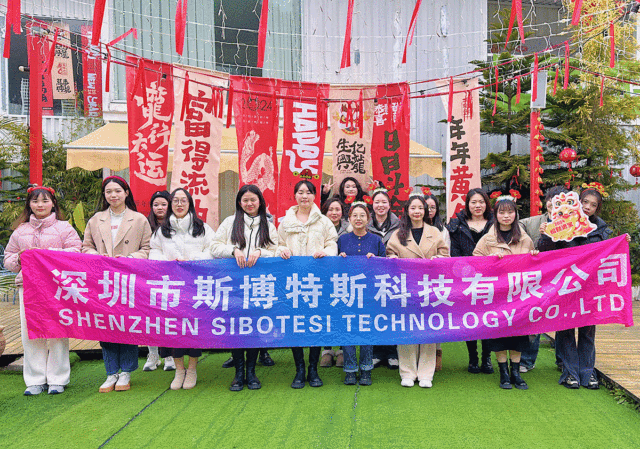

 1/2
1/2



 1/3
1/3
About what is ai
Where to Find AI Product Suppliers?
Global AI product manufacturing is concentrated in specialized technology hubs within China, particularly in Shenzhen and surrounding Guangdong regions, where integrated electronics and software ecosystems support rapid innovation. These clusters offer access to advanced R&D infrastructure, component supply chains, and firmware development talent, enabling streamlined production of AI-integrated consumer electronics, robotics, and software solutions. Proximity to semiconductor distributors, PCB fabricators, and ODM partners allows for agile prototyping and scalable deployment.
The region’s vertically integrated model reduces time-to-market by up to 40% compared to decentralized sourcing models. Manufacturers benefit from co-located design houses, testing labs, and logistics networks, facilitating quick iteration on AI hardware such as smart glasses, voice recorders, and humanoid robots. Buyers gain flexibility in order volume, with many suppliers accommodating low minimum order quantities (MOQs) starting at one unit, while maintaining competitive pricing due to localized assembly and efficient export channels.
How to Choose AI Product Suppliers?
Procurement decisions should be guided by technical capability, transaction reliability, and scalability verification:
Technical Expertise & Product Scope
Assess supplier specialization through their product portfolio. Hardware-focused manufacturers typically offer AI-enabled devices like smart glasses, voice recorders, or service robots, often built on modular platforms supporting Bluetooth, app integration, and edge computing. Software-centric suppliers provide AI applications for e-commerce, blockchain, MLM systems, or custom API development. Confirm compatibility with required frameworks (e.g., NLP engines, machine learning libraries) and verify embedded features such as ChatGPT integration or multilingual translation capabilities.
Production and Development Capacity
Evaluate the following indicators of operational maturity:
- Presence of dedicated R&D teams, particularly for AI/ML-driven products
- In-house firmware development and OTA update support
- Prototyping lead times under 14 days for hardware modifications
- Software customization options including OEM/ODM services and SDK availability
Cross-reference online revenue metrics and reorder rates as proxies for market acceptance and post-sale performance.
Transaction Reliability Metrics
Prioritize suppliers with verified response times ≤2 hours and on-time delivery rates exceeding 95%. High-performing vendors often maintain response efficiency even during peak inquiry periods. Use documented reorder rates—preferably above 20%—as an indicator of customer satisfaction. For high-value software or robotic systems, require third-party escrow arrangements until final acceptance testing is completed.
What Are the Best AI Product Suppliers?
| Company Name | Main Products | Price Range (USD) | Min. Order | On-Time Delivery | Avg. Response | Online Revenue | Reorder Rate |
|---|---|---|---|---|---|---|---|
| Starlink Galaxy Inc | Smart Glasses, AI Camera | $8–$48.80 | 1–20 units | - | ≤2h | - | - |
| TAKSH IT SOLUTIONS PRIVATE LIMITED | AI Applications, Software Development | $4,500–$6,000 | 1 unit | 75% | ≤1h | US $2,000+ | - |
| Wuxi Benefit Technology Co., Ltd. | Humanoid Robots, Service Robots | $4,599–$29,900 | 1 set/piece | 100% | ≤1h | US $10,000+ | 20% |
| Alvora Intelligence (Shenzhen) Co., Ltd. | Voice Recorders, Smart Devices | $28–$39.20 | 1 piece | 100% | ≤3h | US $7,000+ | <15% |
| Shenzhen Weifengda Craft Gift Co., Ltd. | AI Smart Notebook, Smart Pen | $37–$53.32 | 1 piece | 100% | ≤2h | US $50,000+ | <15% |
Performance Analysis
Wuxi Benefit Technology stands out for industrial-grade AI robotics with a 100% on-time delivery rate and significant online revenue, indicating strong export execution. TAKSH IT SOLUTIONS offers enterprise-level AI software at scale, supported by sub-one-hour responsiveness despite a lower delivery rate, suggesting potential bottlenecks in fulfillment rather than demand. Starlink Galaxy Inc provides entry-level AI wearables with flexible MOQs ideal for pilot deployments. Alvora Intelligence and Shenzhen Weifengda focus on compact AI peripherals, with the latter demonstrating substantial sales volume, though reorder rates suggest room for improvement in long-term customer retention. Suppliers with response times under two hours represent optimal engagement windows for technical clarifications and customization discussions.
FAQs
How to verify AI product supplier reliability?
Cross-check response consistency, on-time delivery history, and online transaction volume. Request documentation on firmware architecture, data privacy compliance (e.g., GDPR), and software update policies. For hardware, verify material specifications, battery life claims, and environmental testing reports.
What is the typical lead time for AI product samples?
Standard sample lead times range from 7–15 days for off-the-shelf models. Customized AI devices or software integrations may require 20–30 days depending on complexity. Prototype iterations involving new casing designs or AI feature tuning typically take 4–6 weeks.
Can suppliers support global shipping and compliance?
Yes, most established suppliers manage international logistics via air or sea freight and provide FOB/CIF terms. Ensure electronic products meet destination-market requirements such as FCC (USA), CE (EU), or KC (South Korea). Software exports should comply with local data governance laws.
Do suppliers offer free samples?
Free samples are uncommon for high-cost items like AI robots or software licenses. For lower-cost devices (e.g., voice recorders, smart pens), suppliers may waive fees for bulk commitments (typically 5+ units). Sample costs are usually credited toward first production orders.
How to initiate customization requests for AI products?
Submit detailed technical requirements including desired AI functions (e.g., real-time translation, meeting transcription), connectivity standards (Wi-Fi 6, Bluetooth 5.0+), power specifications, and physical dimensions. For software, specify preferred deployment models (cloud-connected, offline processing) and integration APIs. Reputable suppliers will respond with feasibility assessments and timeline estimates within 72 hours.






